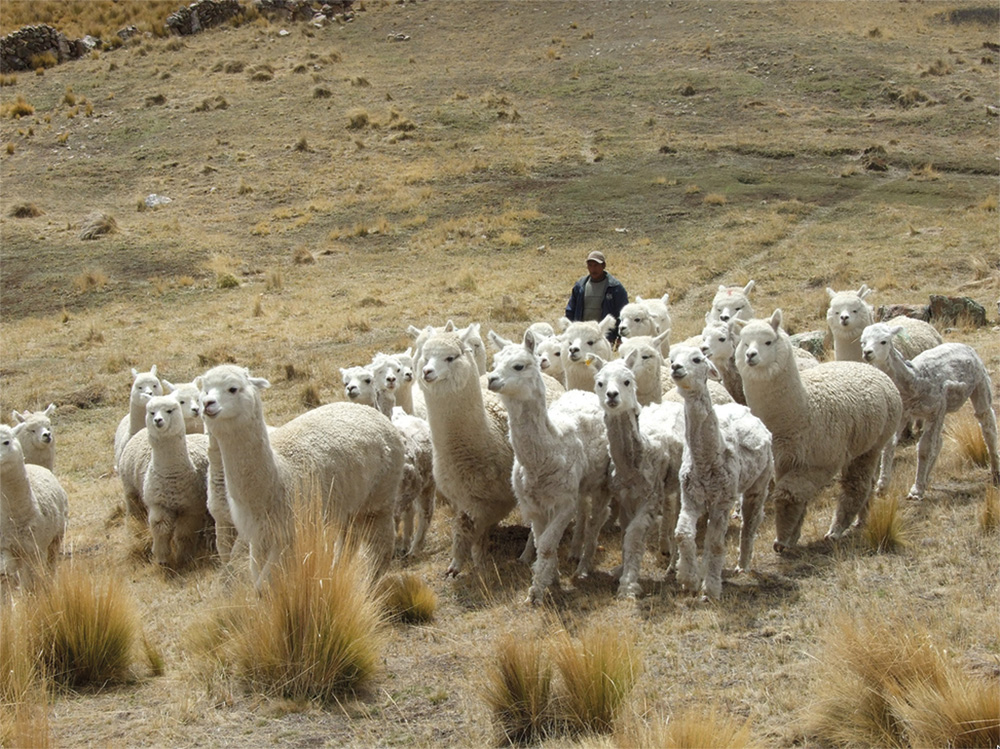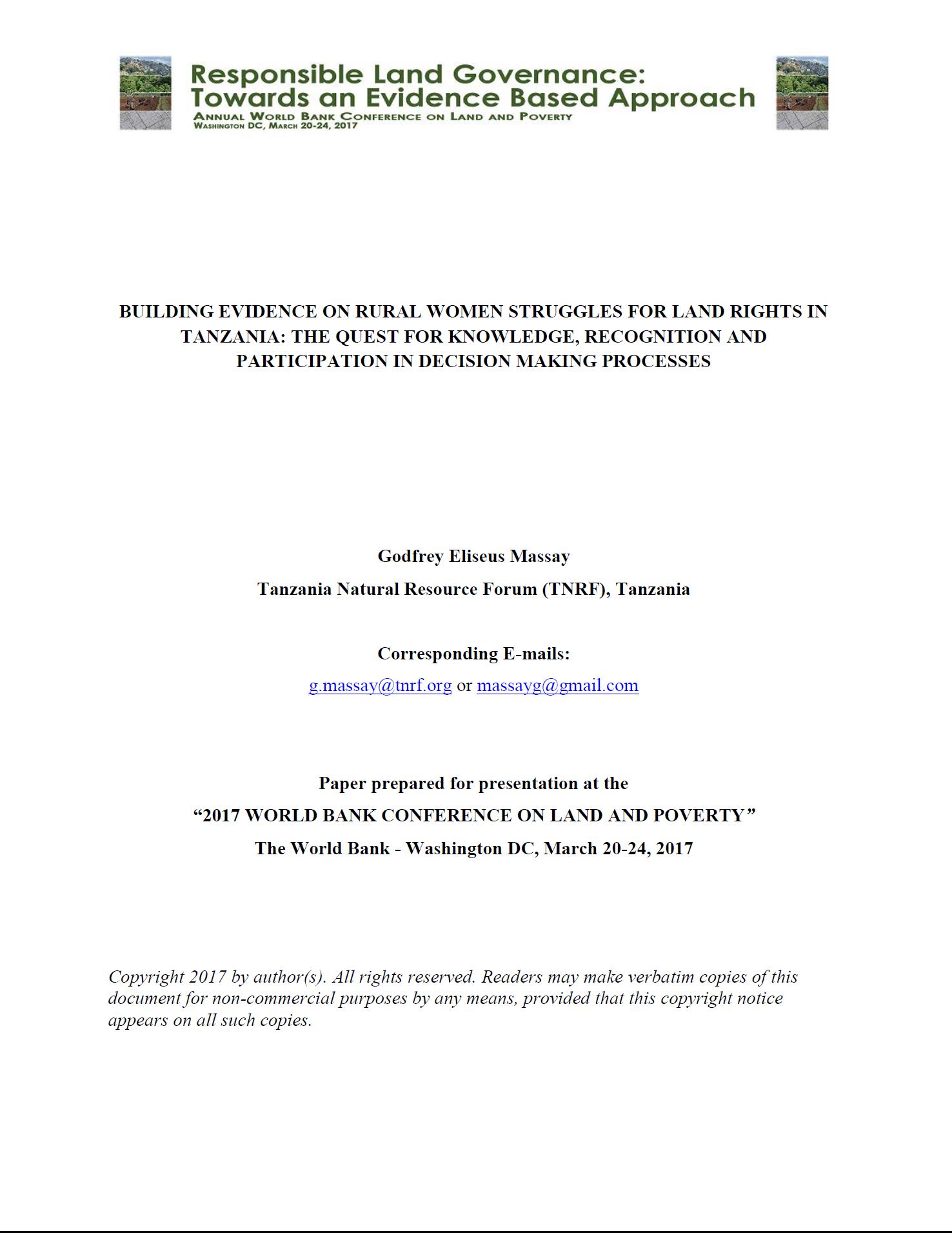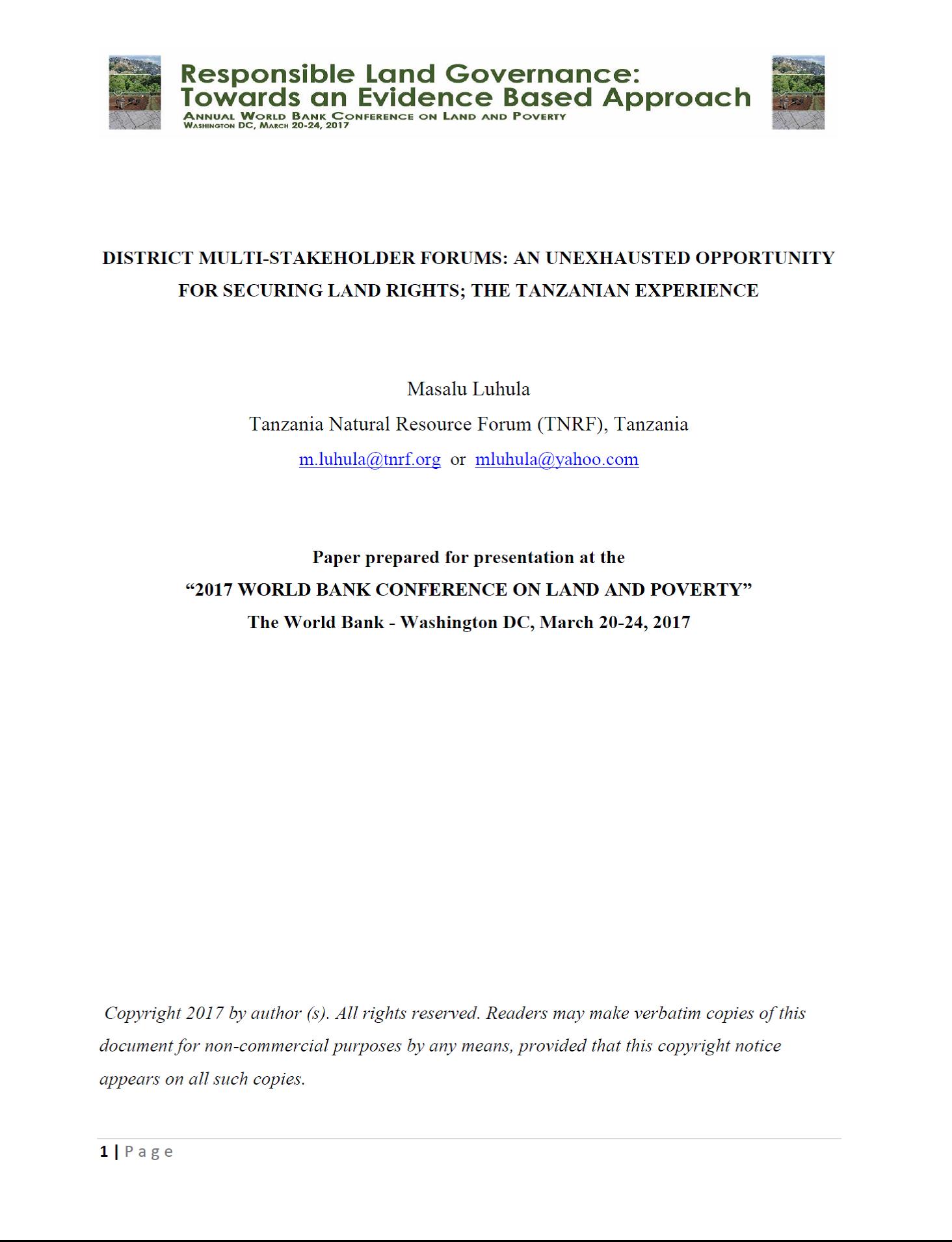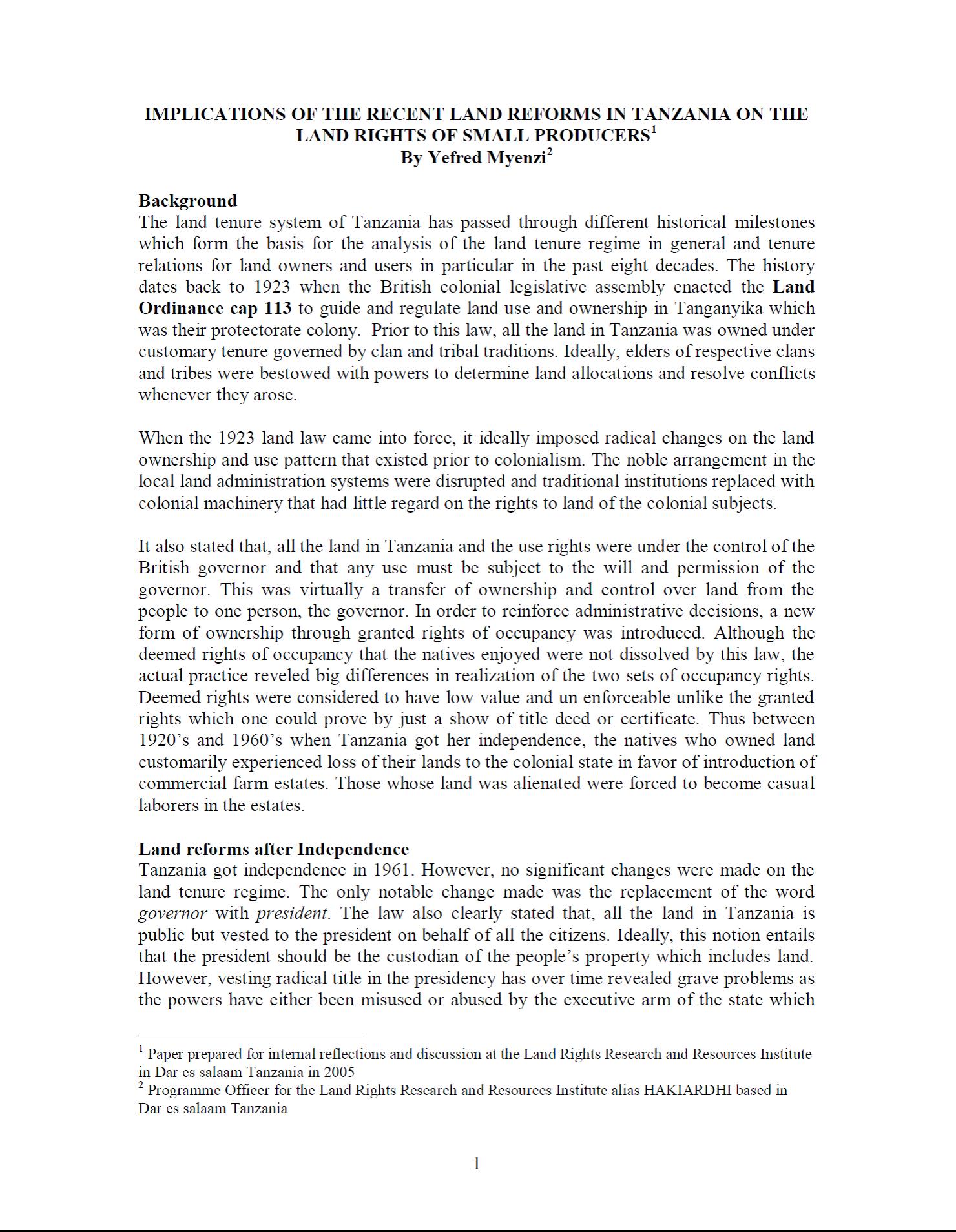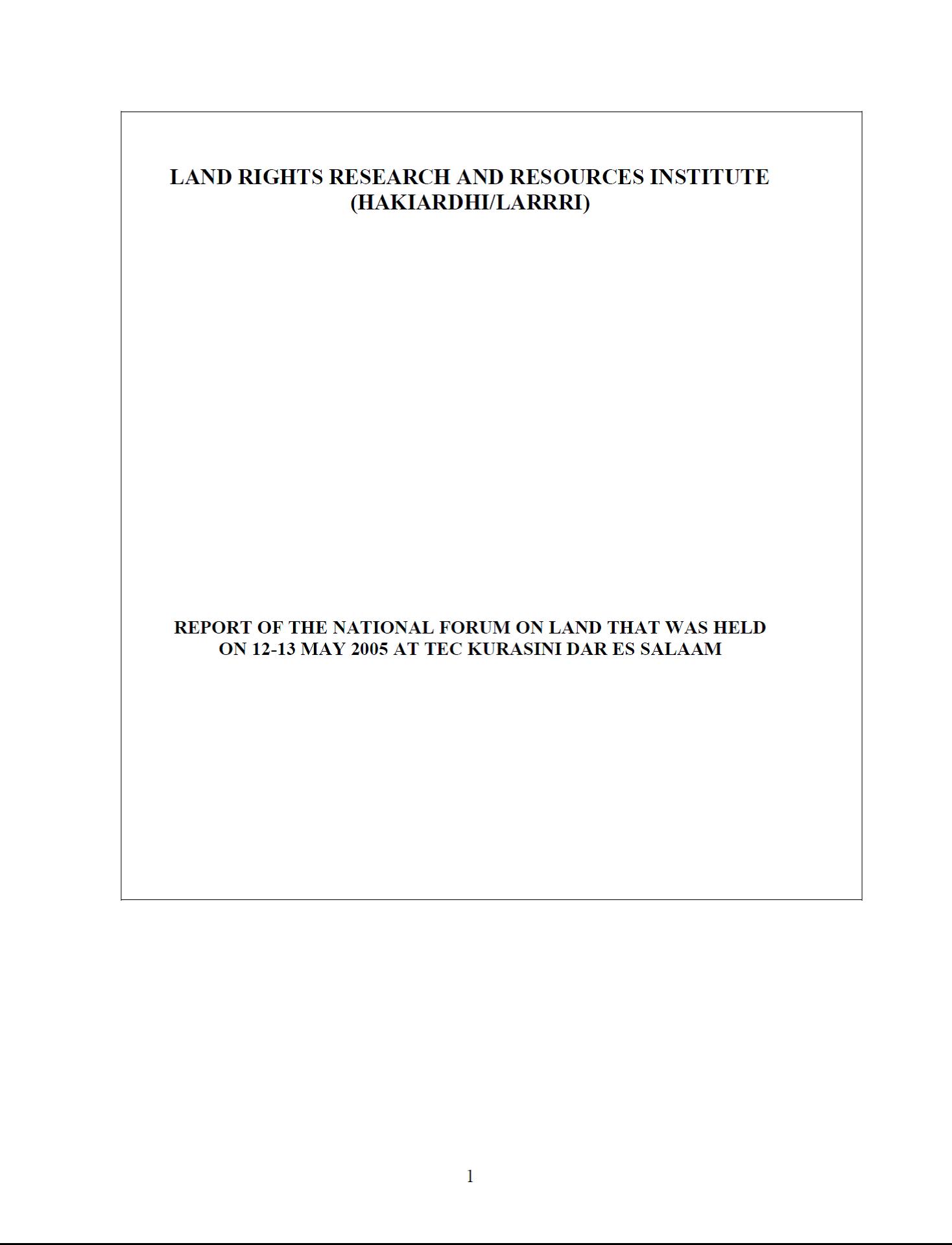IFPRI Annual Report 2008-2009
In 2008, a year in which the global population—particularly the world’s poor—was confronted by both the financial and food-price crises, agricultural systems faced changes that led to market disruptions, reduced growth, mass protests, and a string of political efforts to reshape the design and governance of food systems.




